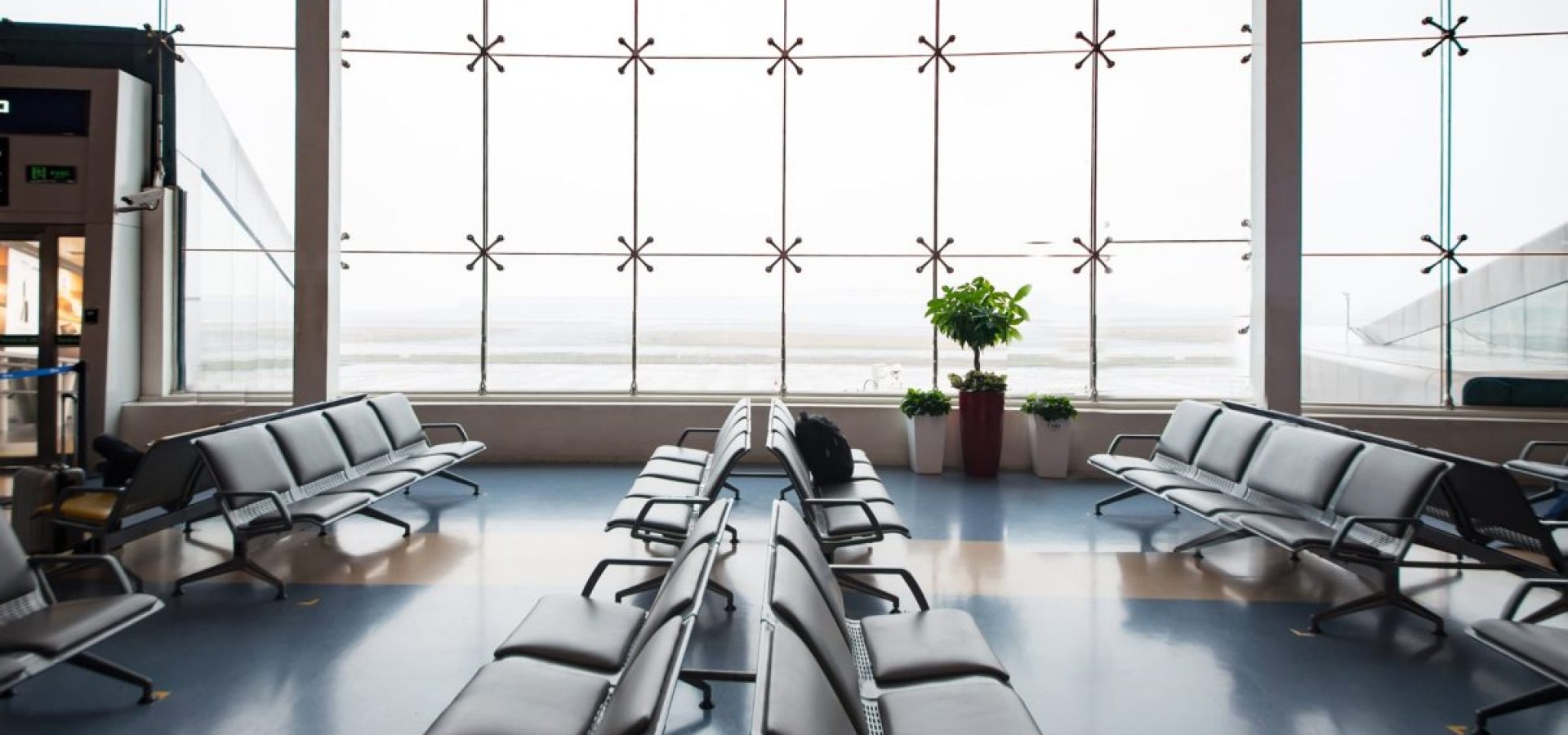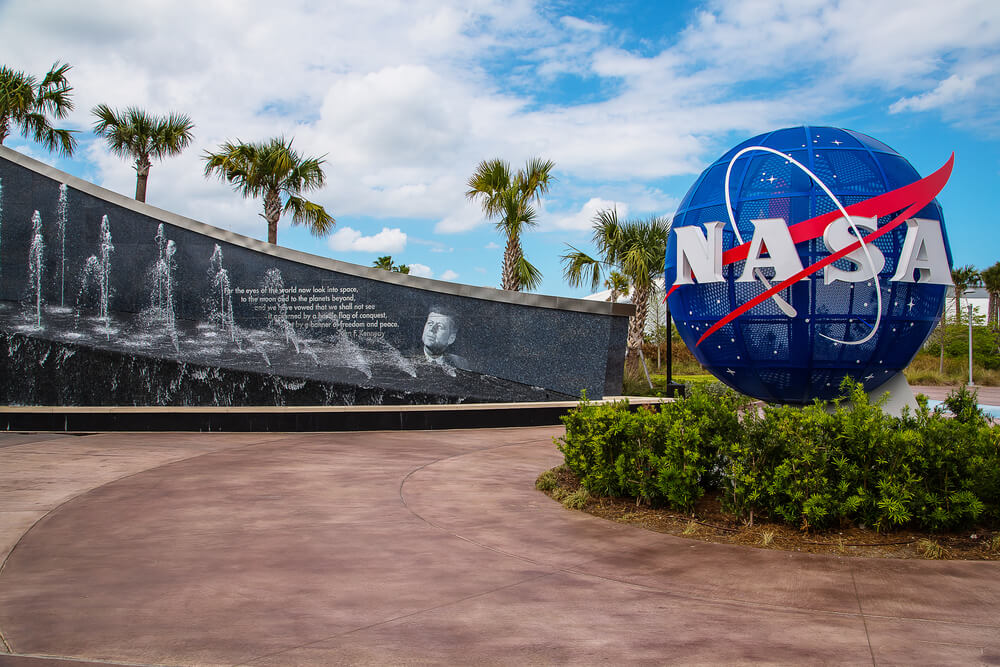In January, wireless service providers Verizon Communications Inc. and AT&T Inc. agreed to postpone their plans of rolling out 5G technology near certain airports. They agreed to change their plans regarding 5G technology as airlines officials and the Federal Aviation Administration (FAA) stated that the new service could affect the safety equipment in some aircraft.
Wireless service providers agreed to delay turning on some wireless towers near certain airports to avoid disruptions to U.S. flights. President Joe Biden stated that this measure would help to prevent potentially devastating disruptions.
According to airport officials, the regulations might require several aircraft to be grounded if the 5G technology is rolled out near certain airports. People should keep in mind that 5G requires radio frequencies that fall within a spectrum called the C-band. It is close to the frequencies used in radio altimeters in certain aircraft.
As a reminder, aircraft altimeters work in frequencies of 4.2-4.4 GHz. They overlap with the C-band, whose range is 3.7-4.2 GHz. More importantly, 5G networks use frequencies in the 3.7-3.98 GHz range that is very close to those used in radio altimeters in airplanes.
FAA and 5G technology
However, not every aircraft will need the fitting. Last month, the FAA stated that around 45% of U.S. commercial aircraft could execute low-visibility landings in airports where 5G technology was planned.
The FAA also cleared two radio altimeters installed in a number of planes manufactured by Boeing and Airbus. So, Boeing 737, 747,757, 767, and MD-10/11 have the opportunity to land in such airports. Airbus A310, A319, A320, A321, A330, as well as A350 can also operate in such airports.
On January 7, the Federal Aviation Administration also published a list of 50 airports. All of them would need 5G buffers to ensure aircraft operations in those airports. The agency’s list included some of the busiest airports, such as Los Angeles International Airport.
Before the auction for 5G started in 2020, the agency asked for a postponement of the rollout. On the last day of 2021, the agency’s letter to Verizon and AT&T requested a two-week delay of the rollout planned for January 5, 2022. Companies since also committed to restricting the power in their 5G base stations that are in line with airport runways.









COMMENTS